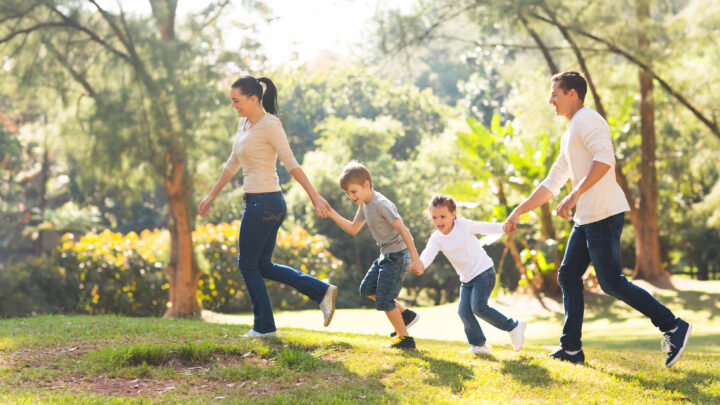Find a study
CHEMP has many ongoing studies and we are always looking for participants. Select from any of the studies below for more information on the specific age group (and any other criteria) we are seeking for a particular study.
Information Box Group
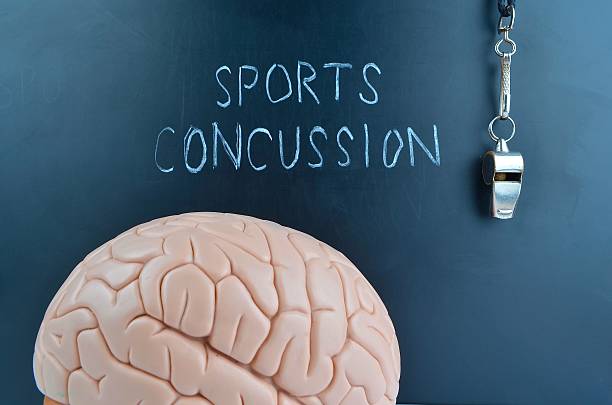
ConExNet Study Learn More
The ConExNet Study is currently recruiting both children with a recent concussion as well as children with no history of concussion, aged 7 to 18 years to participate in a study looking at the effects of exercise on the brain following concussion.
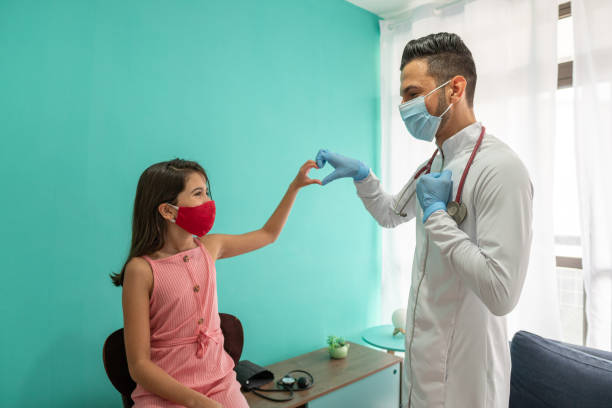
CHAMPION Study Learn More
The CHAMPION Study is currently recruiting healthy kids and teens 7 to 17 years of age to participate in a study looking at how fitness and physical activity help improve heart health in youth.
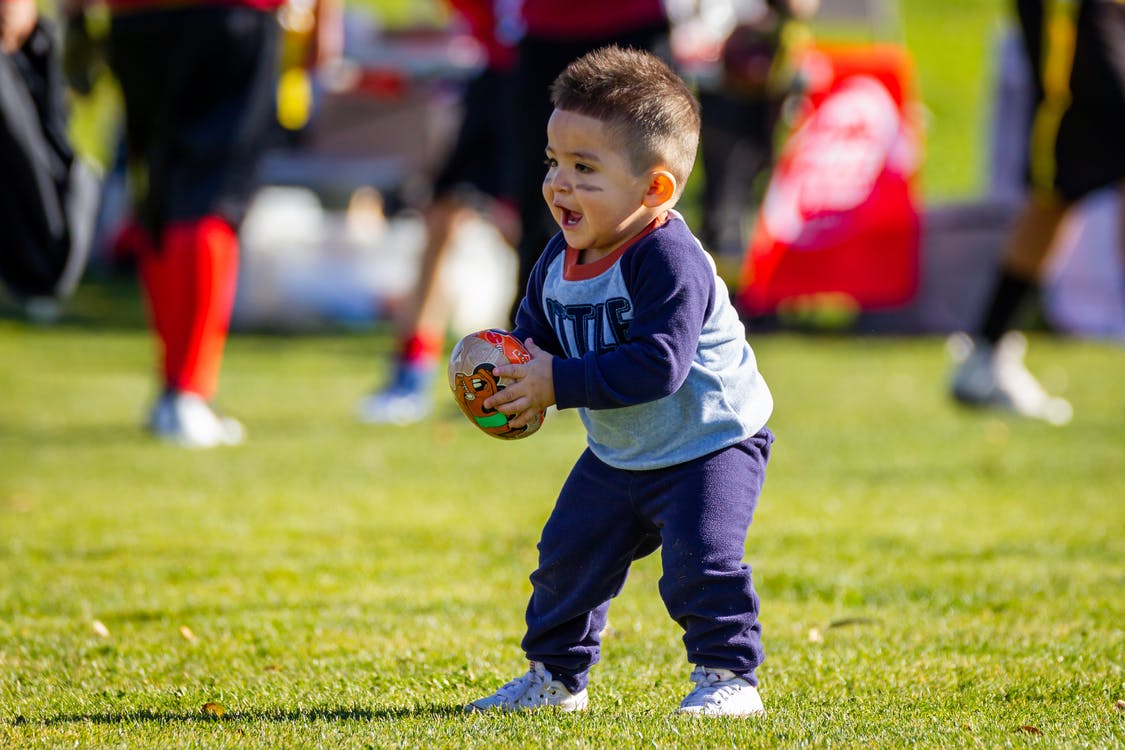
iPLAY Study Learn More
The iPLAY Study is currently recruiting healthy boys and girls between 12 and 35 months with no known physical disabilities, to participate in a study looking at how to accurately monitor and measure physical activity and sedentary time
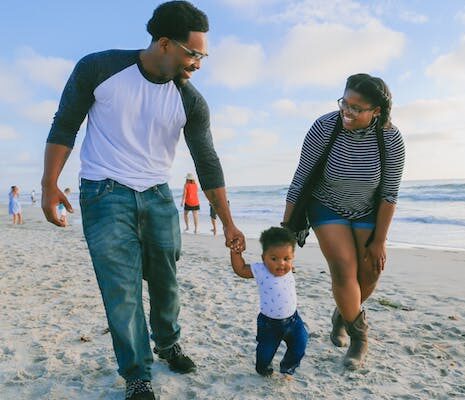
Rheum 2 Play Learn More
The Rheum 2 Play Study is currently recruiting parents with a child diagnosed with Juvenile Idiopathic Arthritis (JIA) between the ages of 1 to 5 years or physiotherapists who presently or previously worked with pediatric patients with JIA for at least one year, to help learn more about the movement skills of children with JIA.
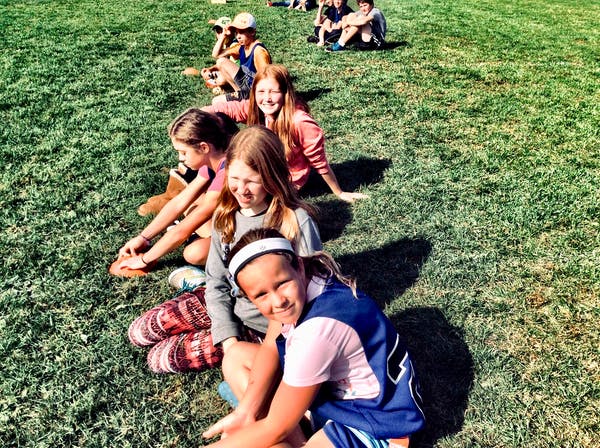
PARTI Learn More
The PARTI Study is currently recruiting children and adolescents aged children and adolescents aged 7 – 17 years with a confirmed diagnosis of IBD (Crohn’s disease, ulcerative colitis, or IBD-unclassified) and use of Remicade for at least two months to find out if physical activity helps the biologic, Remicade, stay at a high level for children with IBD in between two infusions.
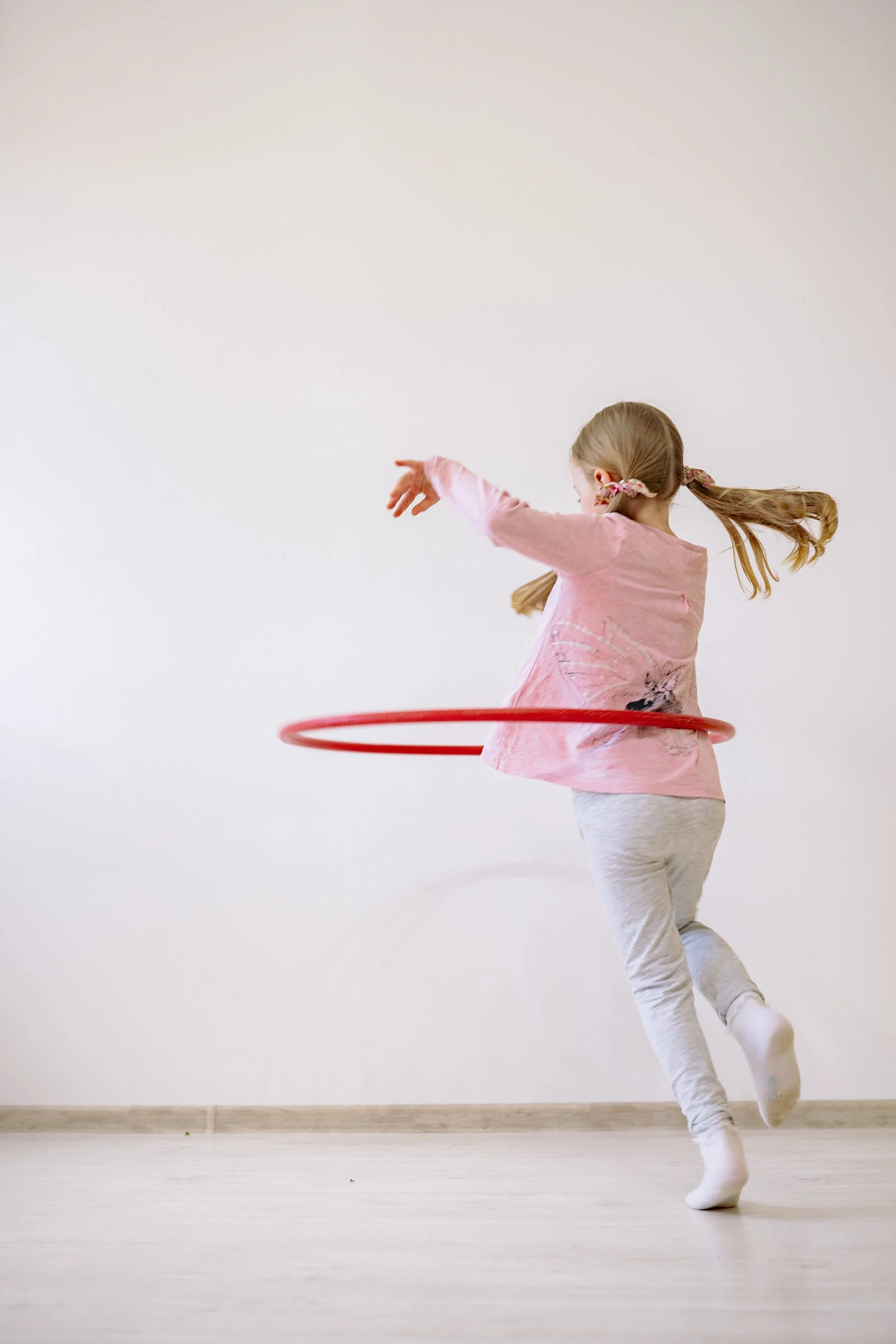
MOMENTUM Study Learn More
The MOMENTUM Study is currently recruiting children with a chronic medical condition or disability who are aged 12 to 17 years, and their parent or guardian.
What to expect
Each study is different and will have various specific and unique elements.
In general, you can expect:
Start – Meet your study team member at your specific study location (review the “Where to go” tab). We will go through all the important information about the study to ensure you are fully informed and ready to go! Participant safety is our number one priority – if you do not feel comfortable with anything please let your study team know right away.
Here are some examples of the types of things you (the participant) might be asked to do when you come to the lab for a research study. Some studies have more measurements than others, so be sure to review your information sheet where we review exactly what will happen when you come in for the specific study you’re participating in.
Measurements – During your study visit we will take some measurements. These may include height, weight, blood pressure, resting heart rate, as well as ultrasound, to measure blood vessels. Both you and your parent/guardian may also be asked to fill out some questionnaires, for example, regarding your physical activity habits or your overall health.
Exercise – Many studies have exercise and physical activity components. These may include walking on a treadmill and riding on a stationary bike. During these fitness tests, we will often monitor the participant’s breathing rates and/or heart rate to help us monitor progress, to test fitness levels and to gather important study information.
Physical activity monitoring – Some studies will measure how active you are when you leave the lab. To do this, we will give you a small device called an accelerometer. This device records how much you’re moving – it does not record sound or video! Be sure to follow your instruction sheet for when to wear the device and when to take it off.
End – Once your study visit is over, we will be sure to thank you for your participation! All studies will offer gift cards as a token of appreciation, as well as a transportation voucher or parking pass. We will also share the results with you once we finish the study so you can learn about what we found!
Where to go
The majority of our testing takes place in our labs at McMaster University’s Health Science Centre located within the McMaster Children’s Hospital. We have several spaces that we use for measuring basics, such as height, weight and blood pressure, as well as testing physical health using a treadmill and/or a stationary bicycle.
Some studies access machinery in other locations, such as the ConExNet study, that uses the MRI machine at St. Joseph’s Hospital.
Your study team will share all of this information, as well as provide detailed directions to the facilities used for your study.
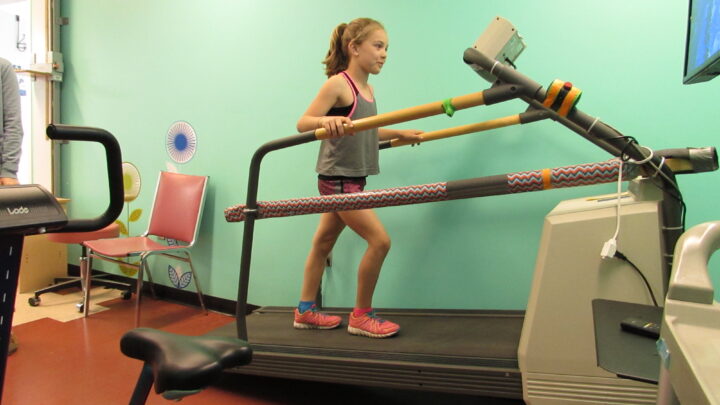
FAQ
- Why are you studying exercise medicine? Because we want to help all children to be as healthy and active as possible.
- Why should I enroll my child in a CHEMP study? Research can’t happen without study participants. Through participating in a CHEMP study you are helping to improve the health of your child and other children and teens.
- What if I change my mind and no longer want to be part of the study? Although we hope that doesn’t happen, participating in a study is your choice and you are free to withdraw at any time. Please speak to us if you have any concerns about any part of one of our studies.
- How do I know it’s safe? CHEMP studies have to undergo very rigorous ethical requirements to ensure that all participants are safe at all times. Our participants’ health and safety is our number one priority.
- If I have an appointment for testing for one of the CHEMP studies what should I bring? You should bring comfortable clothes, such as a pair of shoes, a t-shirt, and shorts that you can exercise in.

